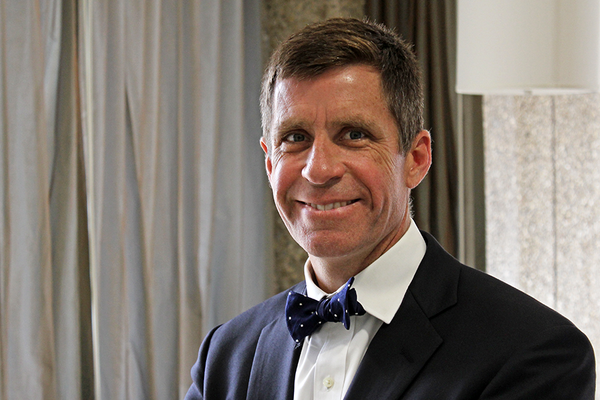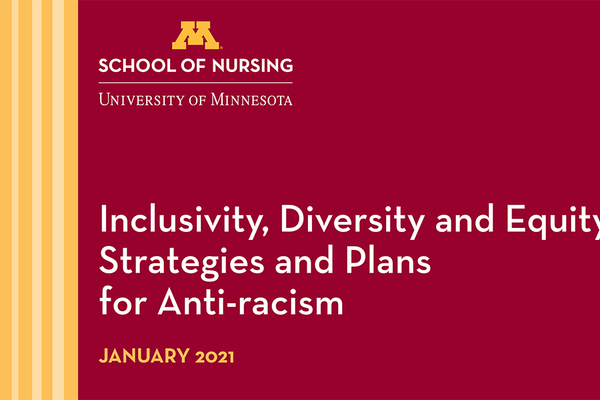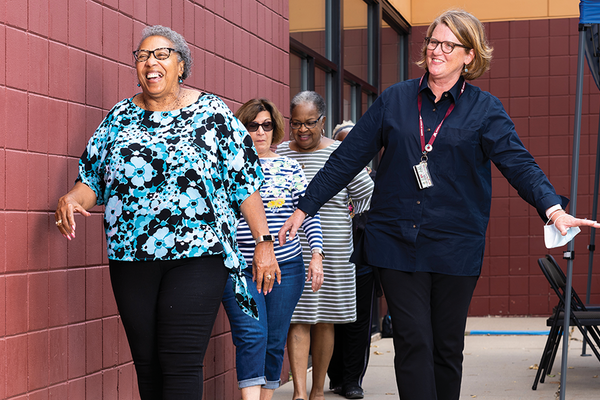Safeguarding water as a disease detective
Shanna Miko brings her ICU background and a newly earned dual DNP/MPH degree to the CDC
November 2, 2021
Susan Maas
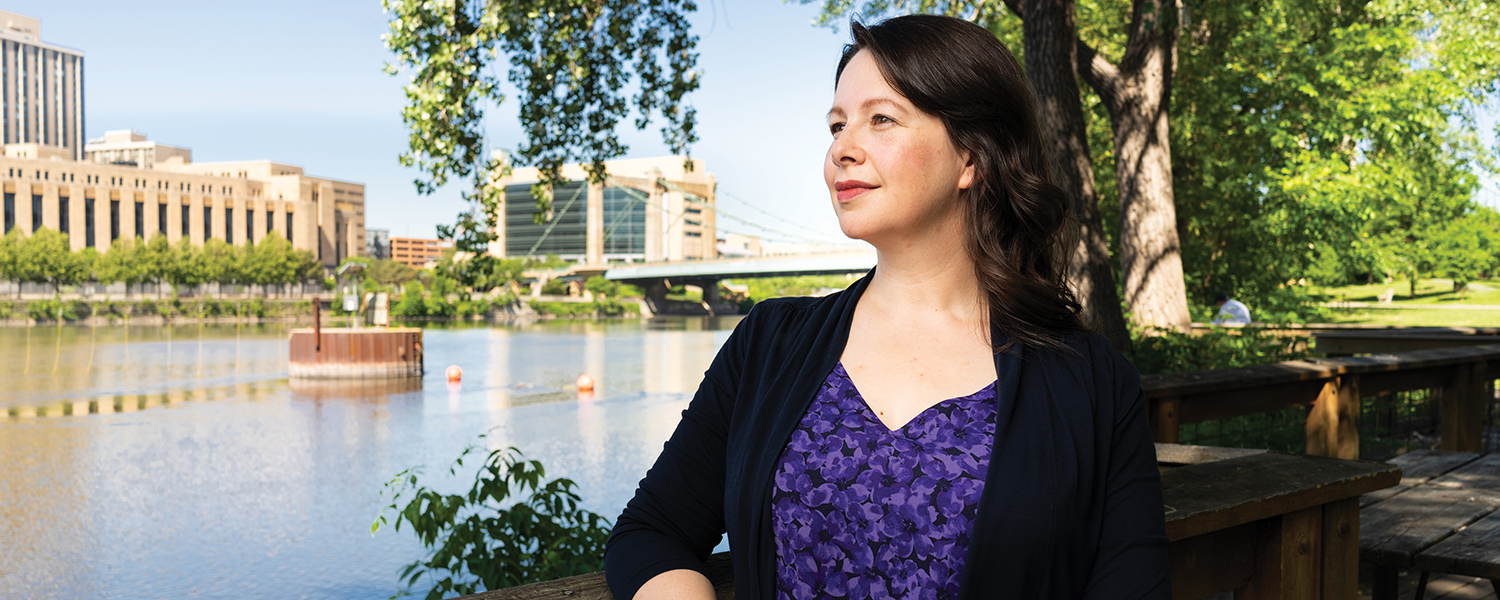
Shanna Miko entered the School of Nursing’s Doctor of Nursing Practice (DNP) program health innovation and leadership specialty with an insatiable curiosity but an unclear direction.
Miko — who began nursing in pediatric cardiology, earned a master’s degree in nursing education, and started teaching public health when an older colleague asked her to lead her class — was ready to take her career to the next level. “I had no ideal job or career path, but I knew I wanted to work in global health, and I wanted to help people,” says Miko.
Her work experience, energy and clear commitment to that fundamental mission carried the day. Three years later, Miko is bringing a newly minted dual DNP/Master’s in Public Health degree to the Centers for Disease Control and Prevention in Atlanta, where she’ll spend the next two years becoming a disease detective with the Epidemic Intelligence Service (EIS) focusing on global water, sanitation and hygiene.
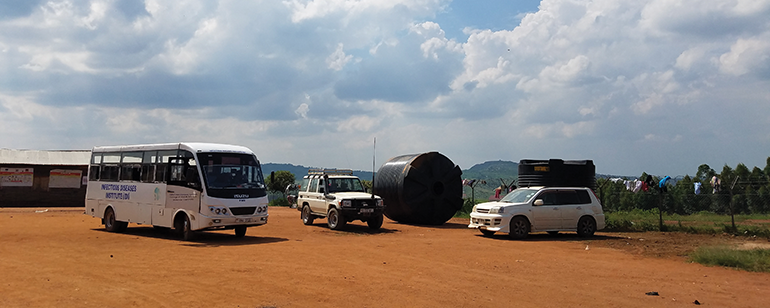
While earning that dual degree, Miko also managed to be named the first Scholar in Refugee and Population Health with the U’s Center for Global Health and Social Responsibility in Uganda — all against the backdrop of the world-changing COVID-19 pandemic and while raising a young family. “It’s a testament to what people are capable of if they have the right support system. Everyone in my University community and family has been incredibly supportive,” Miko says.
Human-centered innovation
As the inaugural Global Health and Social Responsibility Fellow, Miko had the opportunity to delve deeply into the innovation part of the Health Innovation and Leadership DNP degree during her time in Uganda. She views innovation through a human-centered lens. “It’s often not about technology, but about solving a problem in a unique way,” says Miko. “And I can tell you, nurses are very good at this and people in lower-income countries are phenomenal at it.”
Based in Kampala, Miko partnered with Ugandan health care providers and community leaders conducting health screening, counseling and preparing refugees and migrants for travel. The work included refining a health and hygiene curriculum, while nimbly moving with them to incorporate the context of a global respiratory pandemic. The curriculum includes subtitled videos that are being translated into multiple languages for use worldwide.
Central to their efforts, Miko says, was relationship-building, including collaborating with local community members who have interest and experience in health care. “It wasn’t me showing up and saying, ‘here are my fancy ideas of how we can make this better.’ It was a lesson in co-creation: where do you all see your problem? What do you need? How can I help you achieve that?’
“Relying on people who are plugged into the community, and trying to avoid the colonizing ways as much as possible – a big part of innovation and design thinking for me is getting your users’ input,” Miko says. “This relationship-based and community-based care, which a lot of other countries have been doing, we’re discovering in this pandemic is very valuable.”
Disease detective-in-training
While in Uganda, she met a colleague who’d completed the CDC’s two-year EIS program and suggested Miko check it out. She was thrilled to be accepted into the agency’s National Center for Emerging and Zoonotic Infectious Diseases Division of Foodborne, Waterborne, and Environmental Diseases: Waterborne Disease Prevention Branch. She’ll specialize in preventing, monitoring and arresting domestic waterborne illness outbreaks.
“It’s this elite group of maybe 65 of us from around the world – doctors, nurses, veterinarians, PhD scientists – learning real epidemiological skills,” Miko says. “Leading field investigations, doing data analysis – boots on the ground. It’s real on-the-job training for people who have other experiences in public health.”
Miko says her previous experience in infectious diseases “was trying to avoid them in the ICU for 15 years. Trying to avoid them at all costs,” Miko laughs. “But I’m a lifelong learner. I really feel this is going to help make me the most well-rounded leader and public health professional. It’s been a winding road, but everything has brought me to here.”
